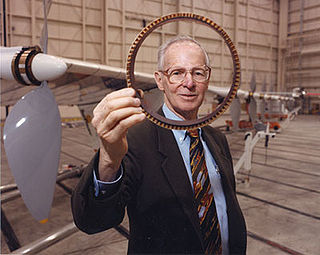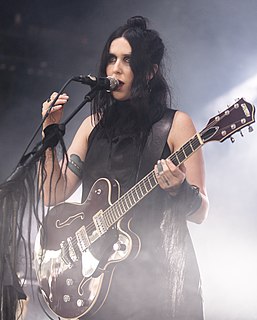A Quote by Edward Hirsch
Daydreaming is one of the key sources of poetry - a poem often starts as a daydream that finds its way into language - and walking seems to bring a different sort of alertness, an associative kind of thinking, a drifting state of mind.
Related Quotes
The rhythm of walking generates a kind of rhythm of thinking, and the passage through a landscape echoes or stimulates the passage through a series of thoughts. The creates an odd consonance between
internal and external passage, one that suggests that the mind is also a landscape of sorts and that walking is one way to traverse it. A new thought often seems like a feature of the landscape that was
there all along, as though thinking were traveling rather than making.
The only big ideas I've ever had came from daydreaming, but modern life keeps people from daydreaming. Every moment of the day your mind is being occupied, controlled by someone else - at school, at work, watching television. Getting away from all that is really important. You need to just kick back in a chair and let your mind daydream.
Theology is-- or should be-- a species of poetry,which read quickly or encountered in a hubbub of noise makes no sense. You have to open yourself to a poem with a quiet, receptive mind, in the same way you might listen to a difficult piece of music... If you seize upon a poem and try to extort its meaning before you are ready, it remains opaque. If you bring your own personal agenda to bear upon it, the poem will close upon itself like a clam, because you have denied its unique and separate identity, its inviolate holiness.
I've always had some sort of affinity for the ends of things. It depends on the song, I try to explore it in different ways. Sometimes when I think about death I'm thinking of it as a physical character that can teach you things and sometimes I'm thinking of it in a finite sense and other times I'm just asking questions that I can't answer. I don't really like to state my personal belief, because I change my mind too often, but I imagine something peaceful. Whether it's a rest or another world or some kind of eternity, it doesn't seem like a scary thing.
Poetry is perhaps the oldest art form. We can go back to an age-old idea of naming things, the Adamic impulse - to give something a name has always been an immensely powerful thing. To name something is to own it, to capture it. A poem is still a kind of spell, an incantation. Historically, a poem also invoked: it was a blessing, or a curse, or a charm. It had a motile power, was able to summon something into being. A poem is a special kind of speech-act. In a good poem there's the trance-like effect of language in its most concentrated, naked form.




































